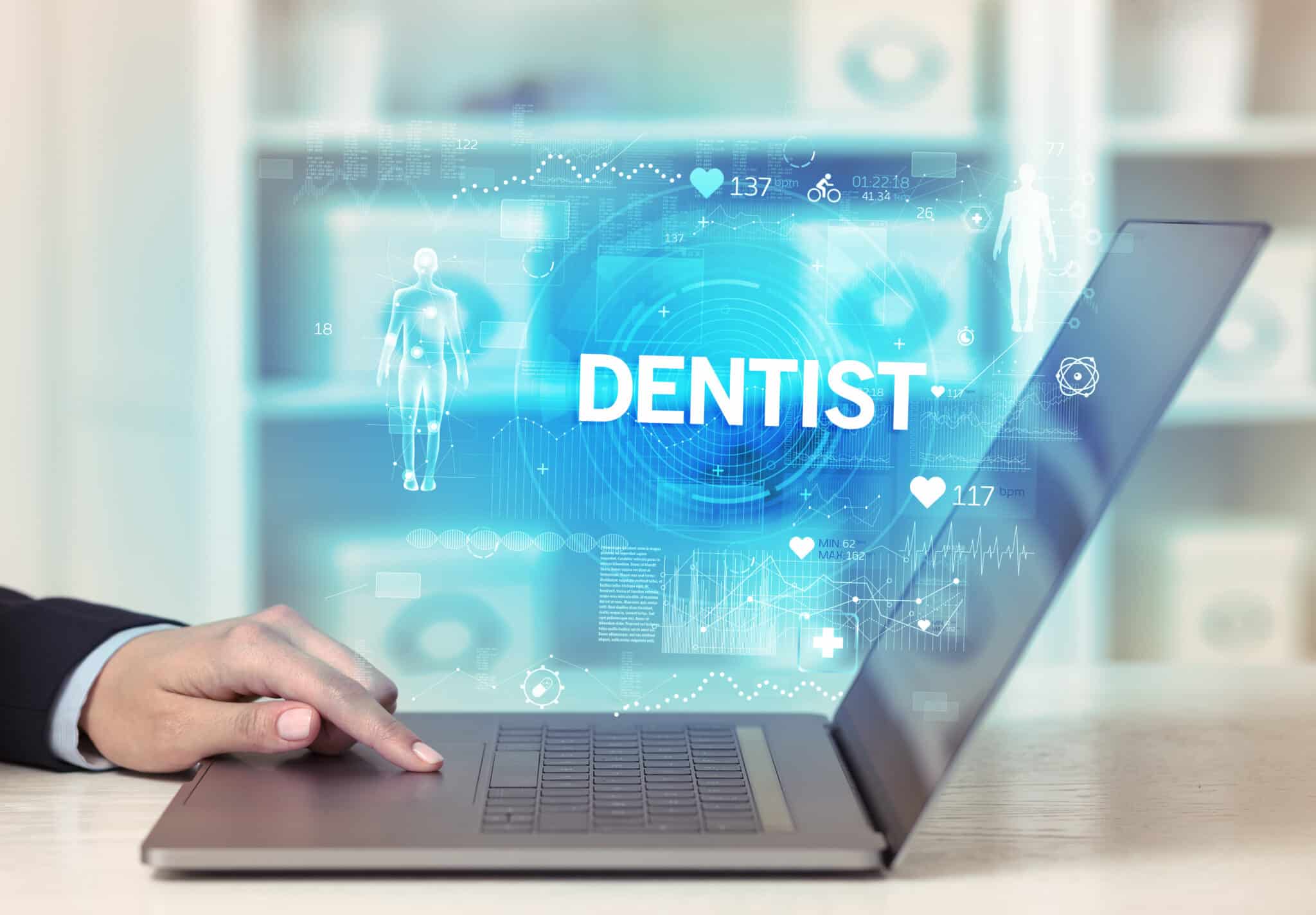8 Reasons Why Every Dentist Needs to Rethink Their SEO Approach
In today’s digital-first world, simply having a website isn’t enough for dental practices to attract new patients. Many dentists invest in SEO but often follow outdated or generalized strategies that fail to deliver real results. It’s time to rethink the way dental SEO marketing works and adopt a more patient-focused, data-driven approach.
Here are eight reasons why every dentist should reconsider their current SEO strategy and how leveraging specialized dental SEO services can transform their online presence.
1. Generic SEO Tactics Don’t Work for Dentists
Many dentists rely on general SEO strategies that work for other industries but fail in the dental field. Unlike e-commerce or tech businesses, dental patients search differently—they prioritize proximity, reviews, and insurance compatibility.
What You Should Do Instead:
Work with a dental SEO company that understands patient behavior and can optimize for local searches, high-intent keywords, and conversion-driven content.
2. Overlooking Local SEO Hurts Your Visibility
Most dental patients search for terms like “best dentist near me” or “emergency dentist in [city].” Yet, many practices focus too much on ranking nationally instead of dominating local search results.
What You Should Do Instead:
- Optimize your Google Business Profile (formerly Google My Business).
- Get more local backlinks and citations.
- Encourage patient reviews with strategic follow-ups.
3. Poor Website User Experience (UX) Lowers SEO Rankings
Google favors websites that offer a smooth and enjoyable user experience—fast load speeds, mobile-friendly designs, and intuitive navigation. If your site is slow, cluttered, or outdated, it will negatively affect your rankings and patient trust.
What You Should Do Instead:
- Ensure mobile optimization—over 70% of searches happen on mobile devices.
- Improve site speed by optimizing images and reducing unnecessary code.
- Simplify navigation with clear service pages and an easy appointment booking system.
4. Ignoring Content Marketing Weakens Patient Engagement
SEO isn’t just about ranking high on Google; it’s about attracting and engaging patients. Many dental websites only list services but fail to educate potential patients through blogs, videos, and FAQs.
What You Should Do Instead:
- Create blog content that answers common patient questions (e.g., “Does teeth whitening hurt?”).
- Use video marketing—short clips explaining procedures can improve engagement.
- Optimize for voice search (e.g., “Siri, where’s the best pediatric dentist nearby?”).
5. Keyword Stuffing Hurts More Than It Helps
Some dentists still believe stuffing keywords like “best dental SEO marketing services” multiple times in a paragraph will boost rankings. Google penalizes this practice.
What You Should Do Instead:
- Use natural, conversational language that matches patient searches.
- Optimize for long-tail keywords like “affordable dental implants in [city].”
- Focus on semantic SEO, where Google understands search intent rather than just keywords.
6. Not Tracking SEO Performance Leads to Wasted Investment
Many dental practices invest in SEO but don’t track which strategies are working. Without analytics, they’re flying blind, wasting money on ineffective tactics.
What You Should Do Instead:
- Many tools are available to monitor website traffic and conversions.
- Track call-to-action (CTA) effectiveness (Are patients actually booking appointments?).
- Partner with a dental SEO company that provides transparent reporting.
7. Failing to Adapt to Algorithm Changes Leads to Ranking Drops
Google updates and modifies its algorithm hundreds of times a year, and outdated SEO tactics can suddenly cause rankings to plummet. Many dental websites still use old-school tactics like exact-match domains or excessive backlinks, which can backfire.
What You Should Do Instead:
- Stay updated with SEO trends (AI-driven search, user experience signals, etc.).
- Regularly audit your SEO strategy to ensure compliance with Google’s latest guidelines.
- Focus on E-E-A-T (Experience, Expertise, Authoritativeness, Trustworthiness) to build credibility.
8. Ignoring Social Media’s Impact on SEO
While social media doesn’t directly affect rankings, it influences patient decisions and drives website traffic. Many dental practices neglect social media, missing out on potential SEO benefits.
What You Should Do Instead:
- Share blog content and patient testimonials on Facebook, Instagram, and TikTok.
- Encourage patient engagement through polls, Q&A sessions, and before/after photos.
- Use social media to drive traffic to high-converting landing pages.
Dental SEO marketing isn’t about outdated tricks—it’s about understanding patient behavior, optimizing for local searches, and delivering a seamless online experience. If your current SEO strategy isn’t bringing in new patients, it’s time for a rethink.
Investing in professional dental SEO services tailored to your practice’s needs will ensure you rank higher, attract more patients, and grow your business in a competitive market.




